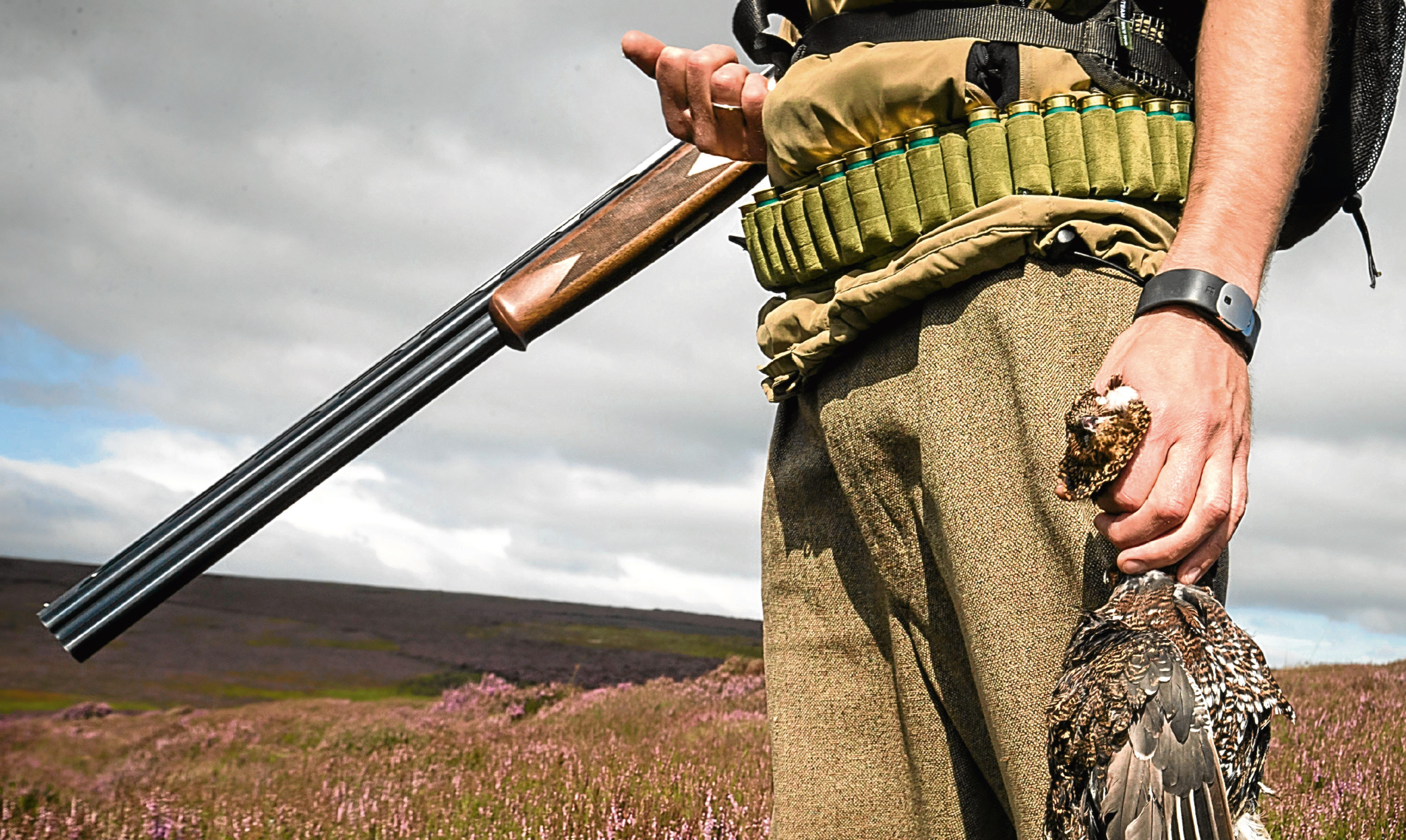So did you bag any grouse on the glorious twelfth? No, neither did I.
They wouldn’t let me drive my Suzuki Jimny up the hill. They wouldn’t let anything smaller than a Range Rover Evoque (the one that looks like an elephant just sat on the roof) up there. Or at least that’s what I imagine would have happened if I had tried to drive my Jimny up the hill.
Mind you, when I saw the weather, rain clouds squatting on the hills like an elephant squatting on the roof of a Range Rover Evoque, sodden westerly gales in the forecast, I was fine about it.
Anything that rains on the parade of the annual tribal tweed-and-gun-fest rituals of grouse moors in August is fine by me.
They – the expensively-tweeded tribes in question – have had a lot flak coming their way this year (although admittedly not as much as the grouse).
Good timing
With unashamedly mischievous timing, the RSPB chose the 11th of August to highlight the suspiciously large number of golden eagles that have gone missing in action, presumed shot, over Monadhliath grouse moors in the past five years.
And in a none-too-edifying exchange of egos, Chris Packham and Ian Botham fired salvos in attack and defence of grouse killing.
We should hang on their every word, of course, in deference to their expertise, for they are both supremely qualified to contribute meaningfully to the debate, one being the patronising presenter of a truly awful television programme, the other a retired cricketer who shoots grouse and catches fish.
As if all that wasn’t enough unfriendly fire for the oppressed landowners, factors, and gamekeepers to cope with, there had been a day of action at Loch Leven by amateur and professional ornithologists to draw attention to persecution of hen harriers, the blame for much of which has also been heaped on the over-burdened shoulders of grouse moor managers.
The thing is, that no matter how angry the public mood grows nor how widespread is the disaffection, no matter how much evidence and suspicion of wrongdoing is associated with the various “management” policies of preparing a grouse moor for the ritual slaughter of lovingly protected grouse (what with their manicured moors and medicated grit), the various component parts of the grouse moor industry responded with what amounts to a corporate shrug.
Thus, the spokesman for the landowners’ association said its members are committed to golden eagle conservation, and that it was disappointing that the RSPB failed “to involve land managers in trying to establish the facts”.
Clouded facts
Without wishing to make the RSPB’s case for it, that might have something to do with the fact land managers have been known to cloud the facts.
The spokesman for the gamekeepers’ association made one of the more breathtaking statements in its long history of denying that there is a problem.
It has, he said, urged its members “to take positive ownership of the role they play in eagle conservation”, which is a worrying thought for those who think that role is part of the problem rather than the solution.
He went on: “Scotland has one of the highest concentrations of golden eagles in the world and we want our members, many of whom have had eagles on their ground for decades, to continue to be part of that success in a constructive way.”
So the gist of all that is this: it is not the landowners’ fault, it is not the land managers’ fault (it should go without saying that all too often these are not the same people), and it is not the gamekeepers’ fault.
Yet still golden eagles – and sea eagles, and red kites and hen harriers and buzzards for that matter – continue to go missing, over grouse moors.
Scotland’s population of golden eagles, which the gamekeepers’ spokesman calls “a success”, is actually at a standstill.
Empty territories are not being colonised, and with a successful population, they would be.
Scotland could hold a thousand pairs of golden eagles, which would indeed be cause for self-congratulation among those who work the land, instead of which it holds less than half that number.
What now?
The Scottish Government responded to the RSPB’s statement by saying that it would investigate the data.
Then what?
It might care to consider the following:
Will anything change in the way that existing laws are administered?
Will it devote more resources to enforcing the law?
Will it invite courts to be more willing to impose jail sentences on convicted offenders, and where it is shown that a keeper is acting at the landowner’s behest, to jail the landowner too?
Will it act to end grouse shooting, a Victorian throwback that manipulates landscape into something as artificial as plastic grass, and hounds the grouse’s natural predators?
Or, the simplest solution of all. Will it consider giving the grouse legal protection?










